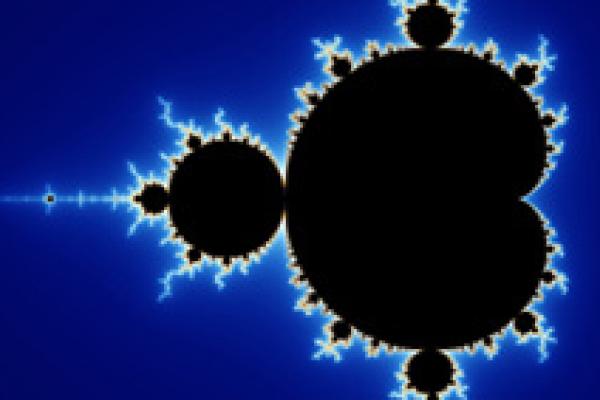Article


Do quantum computers exist?
What's stopping us from building useful quantum computers? And how long until we'll have them?







What are mathematical proofs, why do we need them and what can they say about sheep?



If I tell you something you already know, then that's not very informative. So perhaps information should be measured in terms of unexpectedness, or surprise?